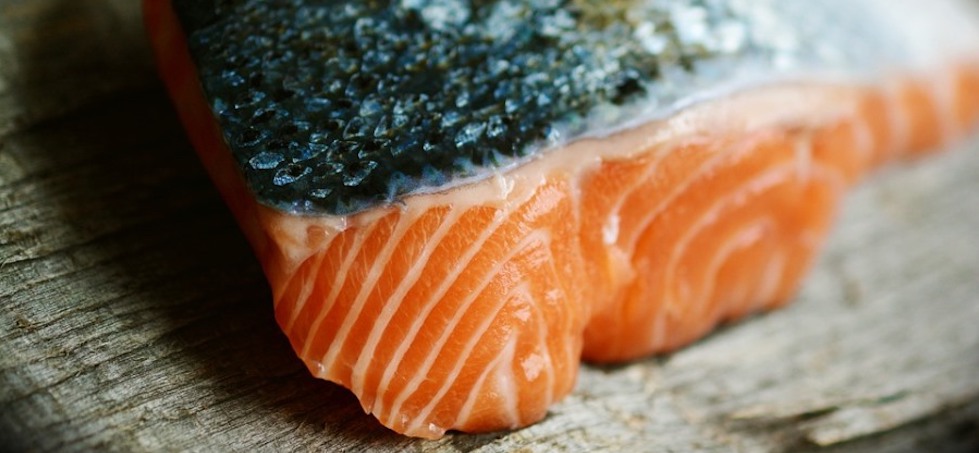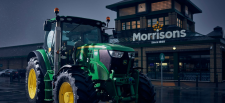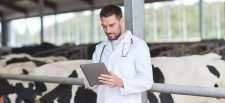Kantar’s latest market share data shows shoppers are reverting back to pre-pandemic habits of “practical, easier, time-saving ways of preparing meals”, with growth in chilled fish substantially driven by convenience.
Whilst fresh primary meat – including beef and lamb – saw declines across the board, chilled fish recorded growth of 0.8%. Its performance is driven by added value and battered, with both recording strong double-digit growth.
Though price inflation is also evident within chilled fish, Kantar’s figures suggest it is not the driver of battered performance, which gained an additional 140,000 shoppers year on year. Shopper gains were also enjoyed by added value, suggesting convenience has been important once more.
Meat free continues to record strong growth and outperforms the fresh meat categories with growth of 8.4% compared to the same 12 weeks a year ago. Kantar said: “When you consider the size of this market compared to two years ago (+55.9%), it’s clear how important the sector is, attracting more consumers thanks to the appeal of health and sustainability.”
“Less time means shoppers will opt for practicality”
Stewart Wise, consumer insight director, Kantar Worldpanel, said: “As time pressures build following a return to the workplace, many shoppers are turning once more to practical, easier, time-saving ways of preparing meals, helping added value and ready prepared meals. Whilst some lockdown behaviours such as more scratch cooking will be retained, less time means shoppers will opt for practicality as a motivation to purchase. However, further lockdowns could change this scenario once again.”
Spend losses for bacon (-13.5%), sausages (-6.7%) and burgers and grills (-4.0%) have been offset to some degree by growth in the largest processed meat sector, fresh processed poultry, which has grown by 8%. Fresh processed poultry maintained similar growth levels to the two-year comparison where it is up 11.1% versus 2019 spend sales. Kantar said: “With spend outpacing volume it’s clear, again, that inflation is playing a part in driving growth.”









